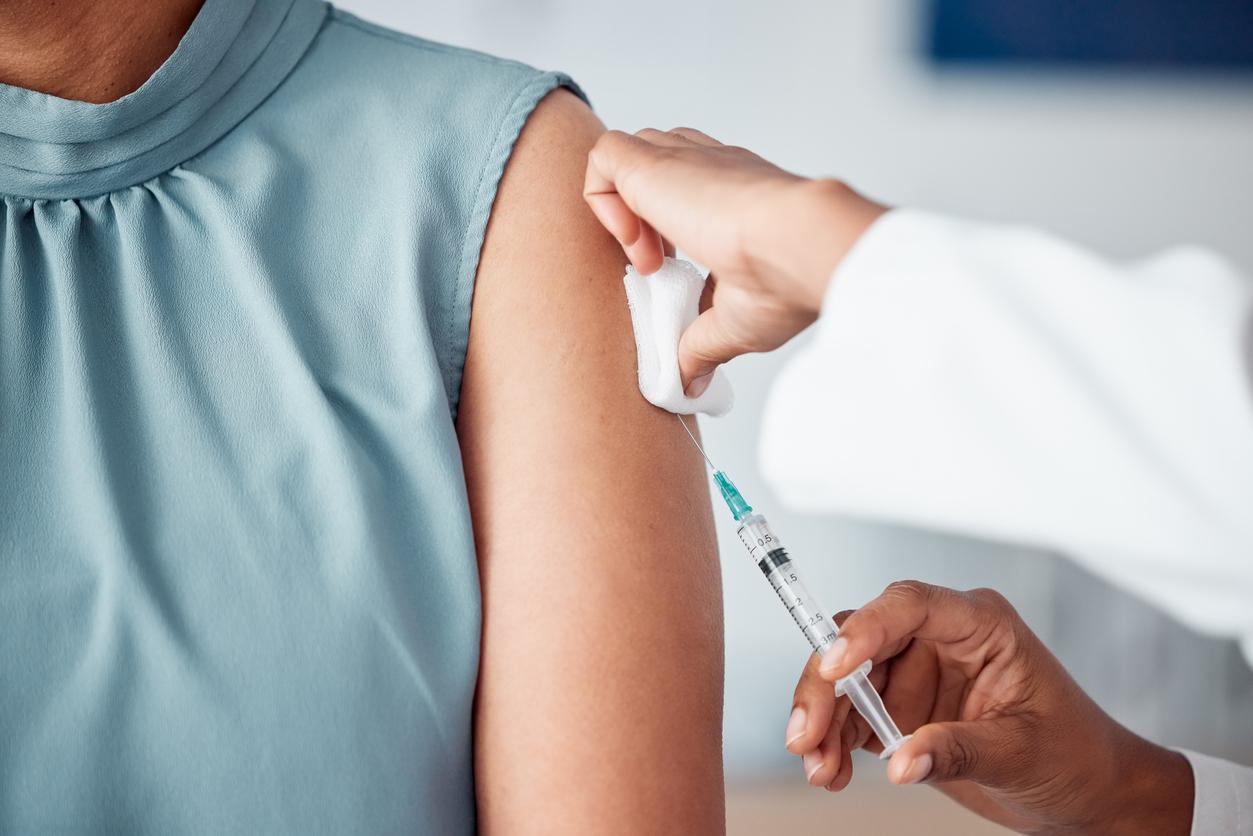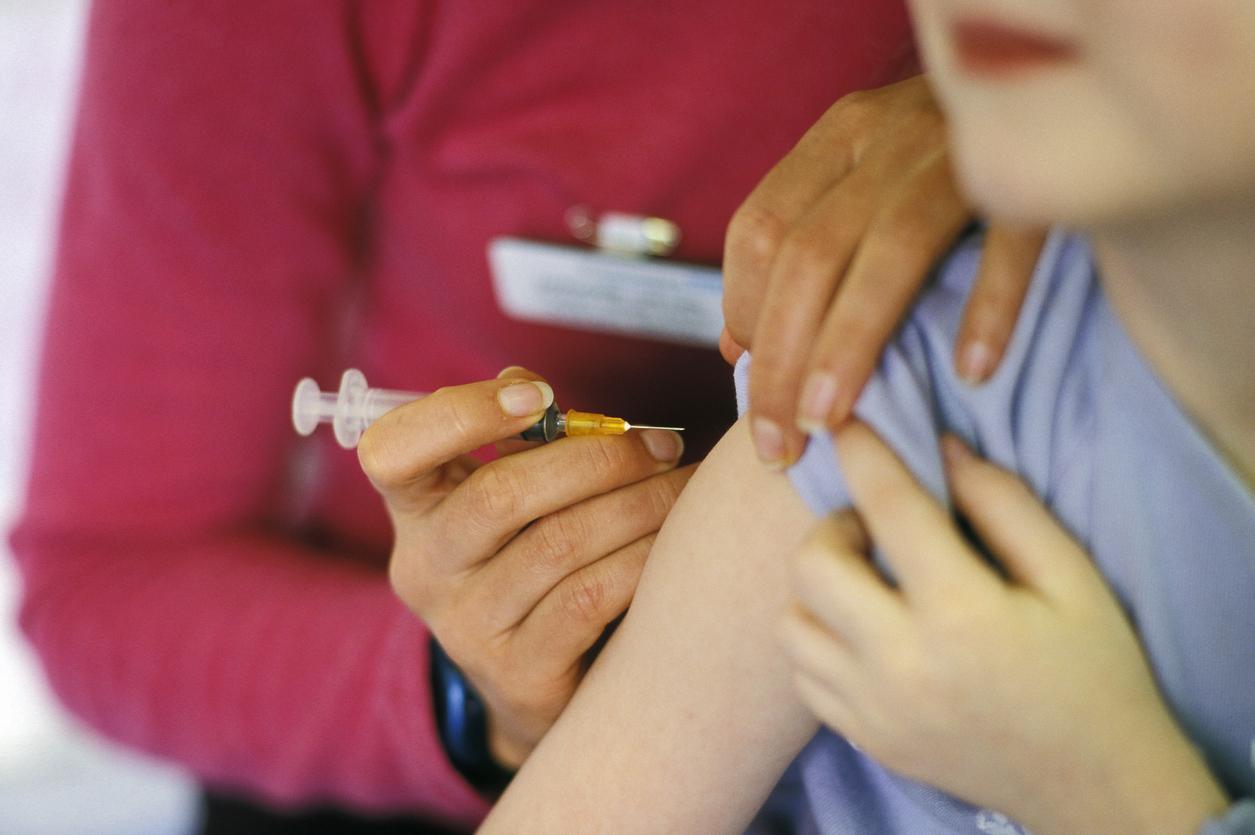Researchers have developed a system to leave an imprint under the skin, containing medical information. It could be particularly useful in developing countries.

The vaccination card could soon become obsolete. From Massachusetts Institute of Technology researchers (MIT) have developed a new tool for storing vaccine information: a patch system with micro-needles that leaves an imprint under the skin. In developing countries, where vaccination documents are sometimes non-existent, this system could make it possible to improve vaccination coverage.
An impression made with micro-needles
The system developed by the MIT team involves placing on the patient’s skin, at the time of vaccination, a patch on which micro-needles are attached. It leaves a trace under the skin, invisible to the naked eye, but which can be deciphered with a smartphone. In this fingerprint, the patient’s vaccination information is stored. “At a time when vaccination cards are often lost or do not exist, (…) this technology could make it possible to quickly and anonymously detect a patient’s vaccination history to be sure that each child is vaccinated. “, explains Kevin McHugh, one of the authors of the study.
A trace that remains 5 years under the skin
The imprint left by the micro-needles consists of capsules containing copper nanocrystals. It can remain detectable under the skin for 5 years. The patch used is also the subject of studies: it made it possible to deliver certain vaccines, such as measles or rubella. The researchers would like to be able to inject the vaccine at the same time as they create the impression. “A study confirmed that the integration of the vaccine with the patch and the micro-needles had no effect on the efficacy of the vaccine or on the ability to detect the imprint”, points out Ana Jaklenec, co- author of the study.
A solution for developing countries?
According to the researchers, each year, the lack of vaccination is the cause of 1.5 million deaths, concentrated mainly in developing countries. They plan to carry out surveys among health personnel in certain African and Asian countries in order to determine what would be the best way to establish this type of storage of vaccination information. These opinion surveys will be carried out in Kenya, Malawi and also in Bangladesh.
.

















